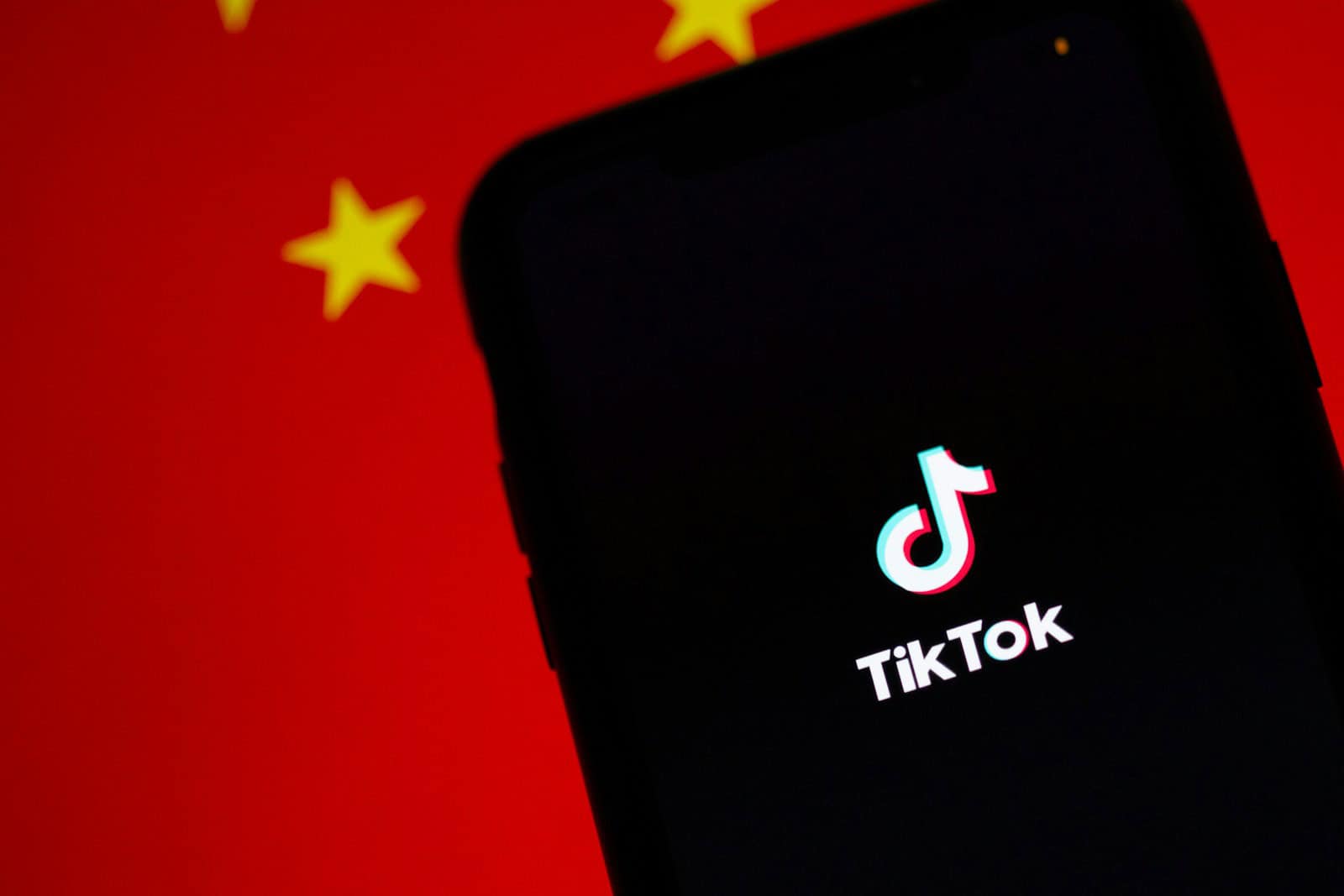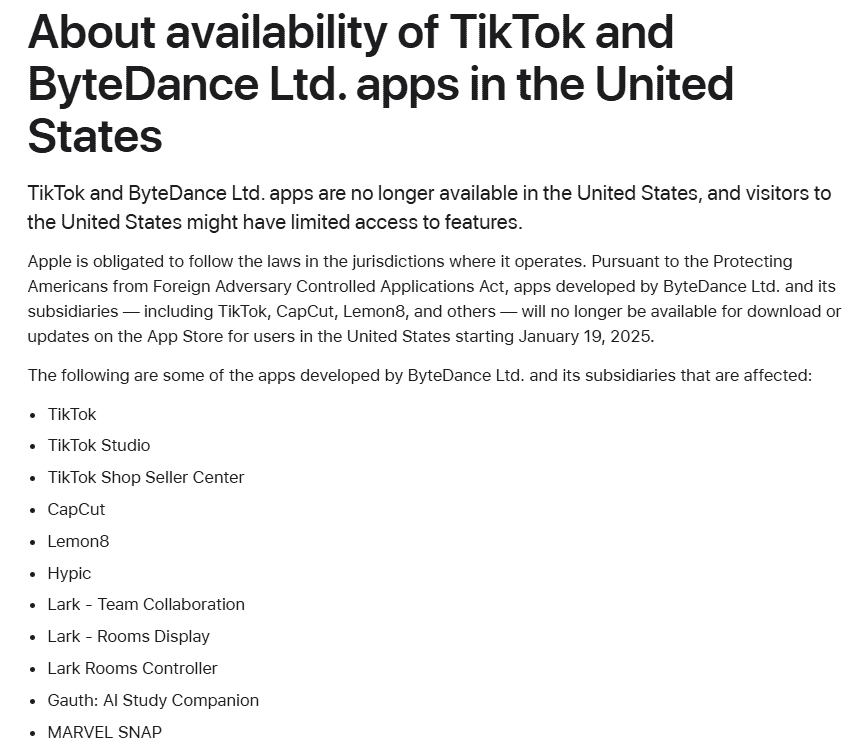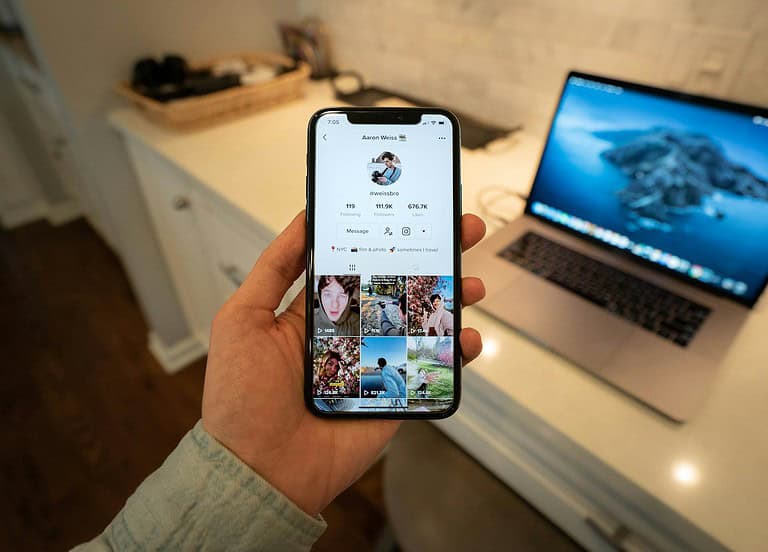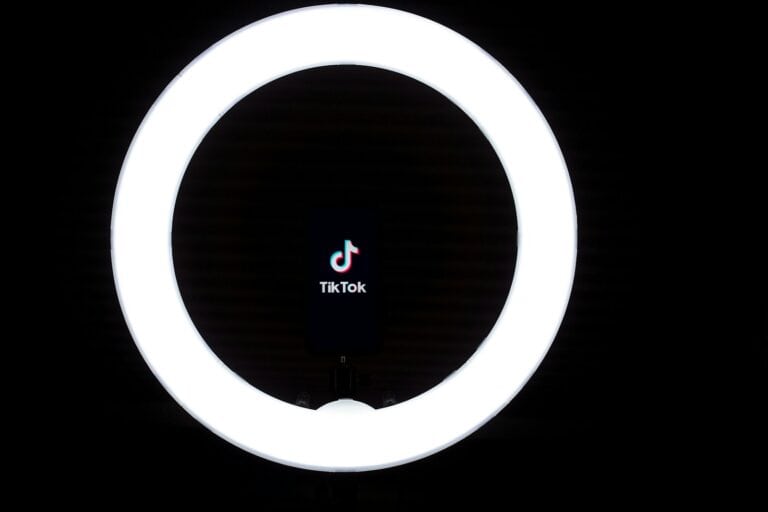
TikTok, the popular video-sharing app, remains unavailable for download on major app stores in the United States. Despite the app functioning again for existing users, new installations and re-downloads are still restricted on both Apple’s App Store and Google Play. This situation stems from the recent U.S. ban on TikTok, which took effect on January 19, 2025.
The ban, rooted in national security concerns, has created a unique scenario where the app continues to operate for current users but cannot expand its user base through new downloads. This limitation poses significant challenges for TikTok’s parent company, ByteDance, as it navigates the complex landscape of U.S. regulations and attempts to address the government’s concerns.

https://support.apple.com/en-us/121596
The following are some of the apps developed by ByteDance Ltd. and its subsidiaries that are affected:
- TikTok
- TikTok Studio
- TikTok Shop Seller Center
- CapCut
- Lemon8
- Hypic
- Lark – Team Collaboration
- Lark – Rooms Display
- Lark Rooms Controller
- Gauth: AI Study Companion
- MARVEL SNAP
Users who deleted the app or wish to install it on new devices find themselves unable to do so through official channels. This restriction has led to increased interest in alternative video-sharing platforms and sparked discussions about the future of social media apps in the context of international relations and data privacy.
TikTok’s Uncertain State in the United States
The Legal Battle
The “Protecting Americans from Foreign Adversary Controlled Applications Act” is the main reason TikTok is off US app stores. This law targets apps seen as threats to national security. The Supreme Court upheld this law, which led to Apple and Google removing TikTok from their stores. ByteDance, TikTok’s parent company, might continue to fight this in court, but the outcome is unclear. This legal fight is a major factor in TikTok’s uncertain future in the US.
What This Means for Users
If you already have TikTok on your phone, you can still use it. But you won’t get updates. This means no new features, security fixes, or bug fixes. Over time, the app may become less stable and could have security problems. People who don’t have TikTok can’t download it from official app stores. This stops new users from joining the platform and will eventually reduce the user base.
Potential Outcomes
Several things could happen with TikTok in the US:
- Further Legal Action: ByteDance could try more legal challenges.
- Legislative Changes: Congress could change the law.
- Sale to a US Company: ByteDance might be forced to sell TikTok’s US operations.
- Continued Ban: The ban could stay in place.
Impact on the Social Media Landscape
With TikTok out of the app stores, other short-form video apps have a chance to grow. Apps like YouTube Shorts and Instagram Reels could see more users. This situation could shift how people use social media in the US. It may also push ByteDance to create new apps or platforms to get back into the US market.
Key Events Timeline
| Date | Event |
|---|---|
| 2024 | Protecting Americans from Foreign Adversary Controlled Applications Act signed into law. |
| Late 2024 | Legal challenges begin. |
| Early 2025 | Supreme Court upholds the law. |
| January 20, 2025 | TikTok removed from US app stores. |
This situation is changing. Check for updates for the most recent information.
Key Takeaways
- TikTok functions for existing users but new downloads are blocked in U.S. app stores
- The app’s unavailability stems from a recent U.S. ban citing national security concerns
- ByteDance faces challenges in addressing regulatory issues to restore full app availability
Overview of the TikTok Ban
The removal of TikTok from US app stores is a major change in the discussion about data security and apps owned by foreign companies. After a Supreme Court decision, millions of users are now uncertain about what this means, and it has changed the social media landscape in the United States.
The TikTok ban in the United States stems from national security concerns. It has gone through several phases and legal challenges since its initial proposal.
Historical Context
President Trump issued an executive order in 2020 to ban TikTok. The order cited national security risks due to the app’s Chinese ownership. TikTok sued the U.S. government in response. Federal courts blocked the ban’s implementation.
The Biden administration later revoked Trump’s order. They launched a security review of foreign-owned apps instead. This shift in approach put the immediate threat of a ban on hold.
Congress proposed new legislation in 2024. The “Protecting Americans from Foreign Adversary Controlled Applications Act” aimed to restrict TikTok’s operations in the U.S.
Current Status
As of January 2025, TikTok faces renewed pressure in the United States. The app is unavailable for download on major app stores. Existing users can still access the platform, but new installations are blocked.
This restriction results from recent legislative action. Apple and Google removed TikTok from their U.S. app stores to comply with new laws. The social media platform remains accessible through web browsers.
TikTok continues to challenge these restrictions in court. The company argues the ban violates free speech rights. Legal battles are ongoing, with no clear resolution in sight.
Implications for Stakeholders
The ongoing unavailability of TikTok in major app stores has far-reaching consequences for various groups. Users face disruptions, while Bytedance grapples with legal and business challenges. Service providers and partners must adapt to the shifting landscape, and government entities continue to shape the app’s future.
Impact on TikTok Users
American TikTok users face significant hurdles accessing the platform. New users cannot download the app, limiting growth. Existing users may encounter update issues, potentially exposing them to security risks or missing new features.
Some users turn to alternative video-sharing apps like RedNote and Lemon8. These platforms see a surge in popularity as TikTok’s absence creates a market gap.
Content creators face potential income loss and reduced audience reach. Many rely on TikTok for their livelihoods, making the app’s unavailability a serious concern.
Bytedance’s Response
Bytedance, TikTok’s parent company, faces significant challenges. The company works to restore full service and regain app store presence. Legal teams engage with U.S. authorities to address concerns and comply with regulations.
Bytedance explores technical solutions to maintain service for existing users. This includes server-side updates and web-based alternatives. The company also invests in public relations efforts to maintain user trust and market position.
Financial impacts loom large. The U.S. market represents a significant portion of TikTok’s user base and revenue. Prolonged absence from app stores could lead to substantial losses.
Service Providers and Business Partners
TikTok’s app store absence affects various stakeholders. CDN partners like Akamai may see reduced traffic and revenue. Oracle, TikTok’s U.S. data storage partner, faces uncertainty about the future of their agreement.
Advertisers on the platform must reevaluate their strategies. Some may shift budgets to alternative platforms, impacting TikTok’s ad revenue. Marketing agencies specializing in TikTok content creation may need to diversify their services.
App store operators like Apple and Google lose revenue from TikTok downloads and in-app purchases. This impact may be minor for these tech giants but still noteworthy.
Government and Legal Perspectives
The U.S. government maintains a cautious stance on TikTok. Concerns about data privacy and national security drive ongoing scrutiny. State Attorneys General continue to investigate the app’s practices and impact on young users.
Legal battles focus on First Amendment issues. TikTok argues that banning the app infringes on free speech rights. Courts, including potentially the Supreme Court, may need to weigh these arguments against national security concerns.
Policymakers debate the broader implications of restricting foreign-owned apps. This situation may set precedents for future cases involving international tech companies operating in the U.S.
Technical and Security Considerations
TikTok’s unavailability in app stores raises concerns about data privacy, security, and infrastructure. These issues impact both users and national security.
Data Privacy and Security
TikTok’s data collection practices have sparked debate. The app gathers user information like location, device details, and browsing history. Critics worry this data could be accessed by the Chinese government.
To address these concerns, TikTok has implemented measures:
- Data encryption
- Access controls
- Regular security audits
Despite these efforts, some experts remain skeptical. They point to China’s data laws, which could compel TikTok to share user information with authorities.
The app’s algorithm, which determines content recommendations, is also under scrutiny. Some fear it could be used to spread misinformation or influence users’ opinions.
Infrastructure and Hosting
TikTok’s technical infrastructure plays a crucial role in its operations and security. The company has taken steps to separate its U.S. operations from its Chinese parent company, ByteDance.
Key infrastructure changes include:
- Partnering with Oracle as the U.S. technology provider
- Storing U.S. user data on servers within the country
- Establishing a U.S.-based security team
These measures aim to alleviate concerns about data access and control. However, some lawmakers argue that ByteDance’s involvement still poses risks.
TikTok’s absence from app stores has led to technical challenges. Users can’t update the app, potentially missing out on security patches and new features.
Alternative Platforms and Market Dynamics
The absence of TikTok from app stores has created opportunities for competitors and shifted user behavior. New entrants are vying for market share, while established platforms adapt their features to attract TikTok’s audience.
Competitors and New Entrants
Instagram Reels has emerged as a strong alternative to TikTok. The platform offers similar short-video creation tools integrated within the Instagram app. This familiarity makes it an attractive option for users seeking a TikTok-like experience.
Triller, another rival app, has gained attention by attracting high-profile users. The platform provides comparable features to TikTok, appealing to content creators and viewers alike.
CapCut, a video editing app previously associated with TikTok, remains available. Users can create and edit short-form videos with this tool, potentially sharing them on other platforms.
Trend Analysis and User Behavior
The TikTok ban has led to shifts in social media usage patterns. Many users are exploring multiple platforms to find a suitable replacement for their short-form video needs.
Some content creators are diversifying their presence across various apps. This strategy helps them maintain their audience reach and adapt to the changing landscape.
Platform loyalty is being tested. Users are evaluating alternatives based on features, user interface, and content quality. This period of flux may reshape long-term preferences in the video-sharing app market.
Frequently Asked Questions
TikTok’s absence from official app stores has raised many questions among users. Here are some common inquiries about accessing and using TikTok in light of its current unavailability.
How can users access TikTok after it has been removed from the App Store?
Users who already have TikTok installed can continue using the app. The app will function normally for existing users, allowing them to create and view content as before.
New users face challenges in obtaining TikTok. They cannot download it through official channels like the App Store or Google Play Store.
What alternatives exist for downloading TikTok outside of the App Store and Play Store?
Some users turn to third-party app stores or direct APK downloads for Android devices. These methods carry risks and are not recommended due to security concerns.
Unofficial sources may offer outdated or modified versions of TikTok. These versions could contain malware or violate TikTok’s terms of service.
When can we expect TikTok to return to official app stores?
The timeline for TikTok’s return to app stores remains uncertain. It depends on resolving legal and regulatory issues in the United States.
TikTok is working to address concerns raised by government officials. The company aims to comply with regulations and ensure user data protection.
What are the main reasons behind the unavailability of TikTok in app stores?
TikTok’s removal stems from concerns about data privacy and national security. U.S. officials worry about the app’s data collection practices and potential ties to the Chinese government.
The company’s ownership by ByteDance, a Chinese firm, has fueled these concerns. Negotiations are ongoing to address these issues and potentially allow TikTok’s return.
What steps need to be taken to download TikTok if it is banned in a country?
In countries where TikTok is banned, downloading the app becomes difficult and potentially illegal. Users should respect local laws and avoid using VPNs or other methods to circumvent bans.
Alternatives to TikTok may be available in these regions. Users can explore similar short-form video platforms that comply with local regulations.
Is it possible to access TikTok through third-party services, and is it safe?
Third-party services claiming to offer TikTok access exist, but they are not safe or recommended. These services often violate TikTok’s terms of service and may compromise user data.
Using unofficial methods to access TikTok can expose users to security risks. It’s best to wait for official resolution and the app’s return to authorized app stores.



